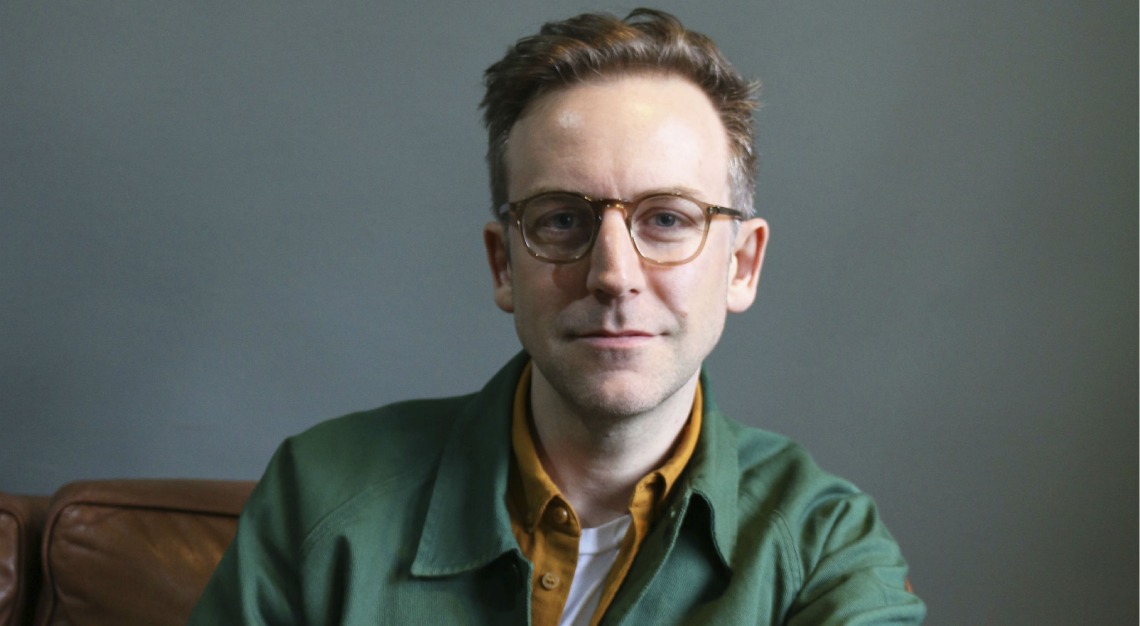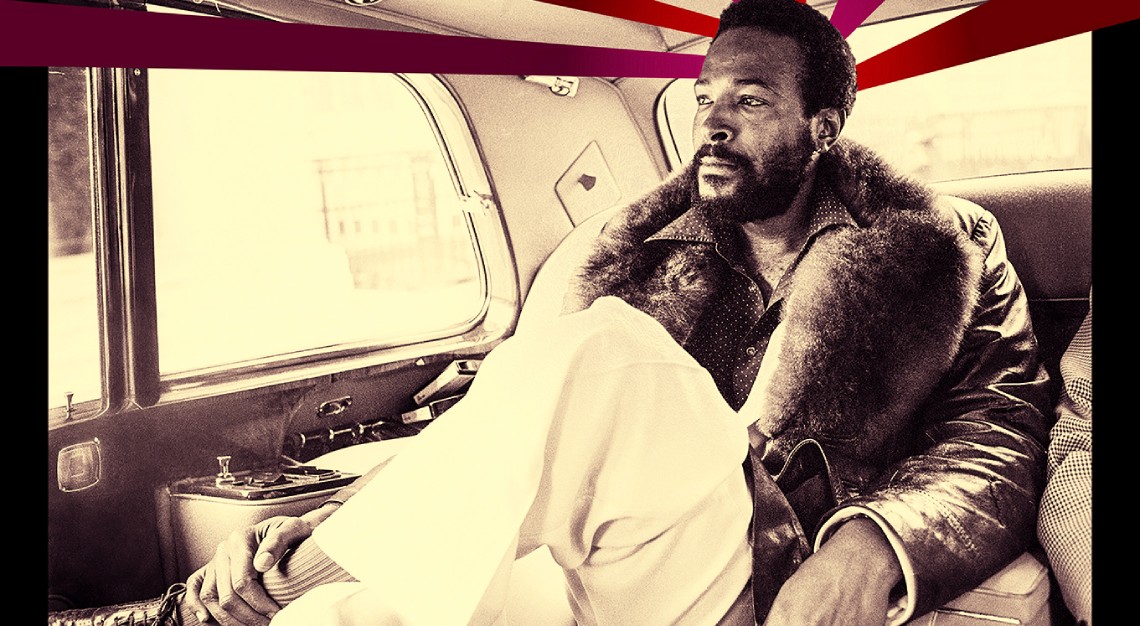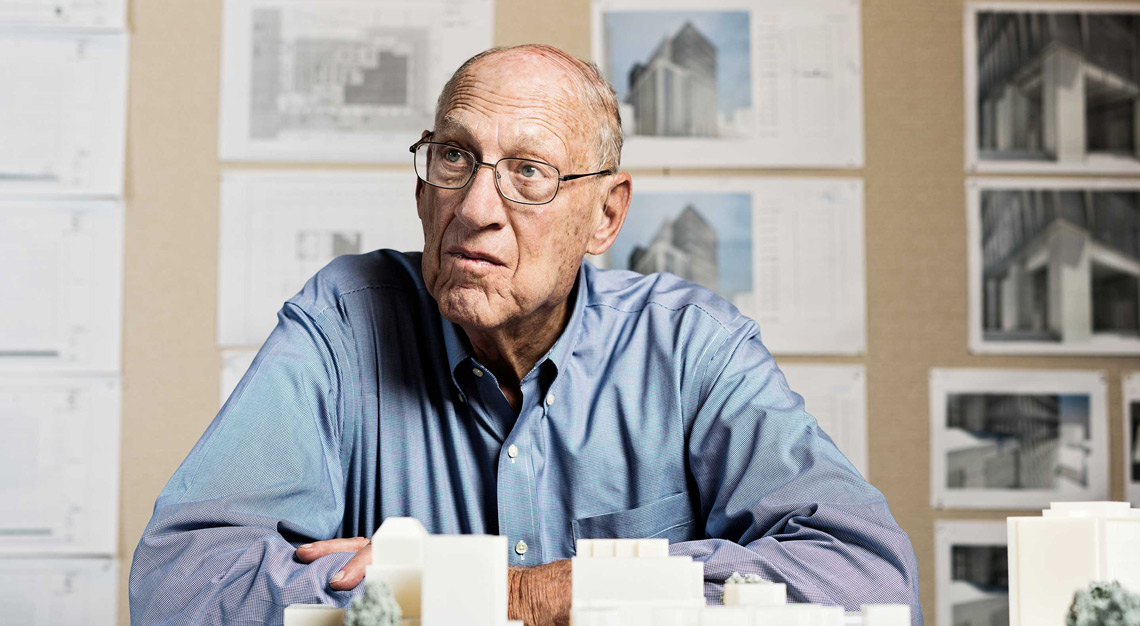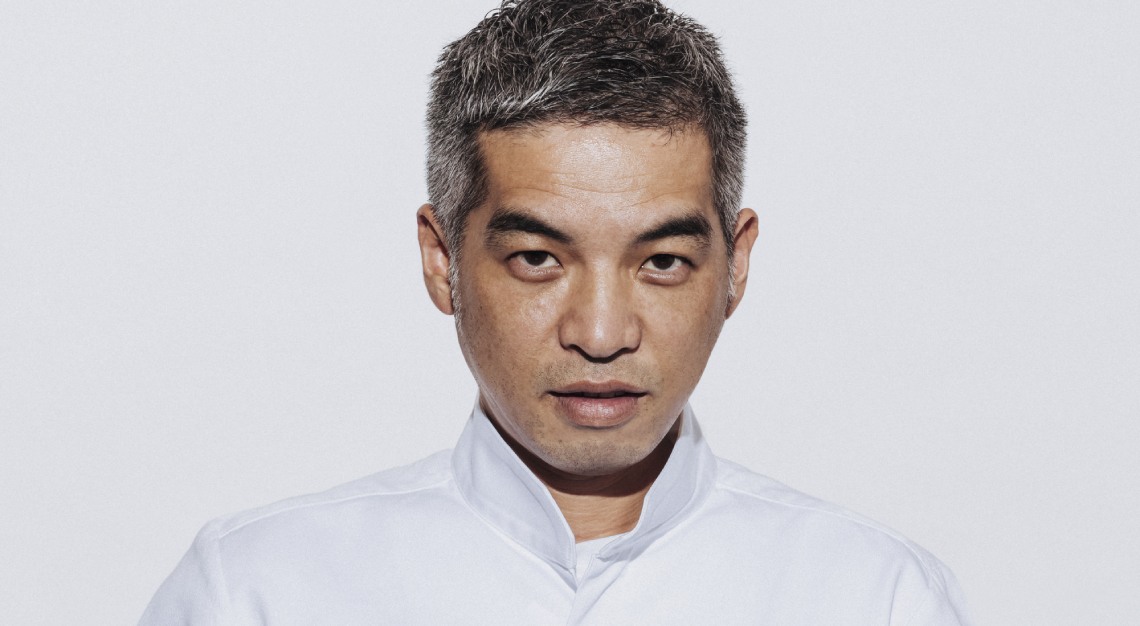Esteemed British playwright Duncan Macmillan discusses the importance of shining empathy on addiction in his name-making production
“An addiction is anything you know is harming your life and those around you—yet you cannot stop partaking in it,” states Duncan Macmillan, gravely. Since the first staging of his path-lighting play People, Places & Things (2015), the goalposts have widened considerably around the types of social malaise that find expression in art. But for all the allowance and elevated sensibilities around aesthetics and empathy, the many nuances of addiction, then, as now, remain criminally underserved across all forms.
As Macmillan has it, it’s theatre that’s best suited to fleshing out the infinitely profound truths attending to the problem of addiction. It’s theatre whose heart is most magnanimous towards rendering the plight of those in its grip, and whose workings are most optimal for doing justice to the lives enmeshed within its net. Now, as the play is produced by Singaporean theatre company Pangdemonium, starring Sharda Harrison as the protagonist Emma, Macmillan chats with us about the importance of upholding heart within art.
View this post on Instagram
As People, Places & Things begins its first staging in Singapore, how would you say the theatrical form is best suited to expressing its truths?
At its best, it’s a play about compassion, about what the culture of addiction does to people in its grip. And theatre, unlike any other art form besides the novel, allows you to really spend some time with people who are outside of your own lived experience. The longer you spend bearing witness to someone’s lived experience, the more you come to understand them and the more commonality you find between yourself and them. In the history of drama, whether through the King of Denmark or the King of whatever, you’d hopefully find yourself seen, represented and understood.
Moreover, in my research for the play, I found that—and it sounds so naff to say this—the best treatment for addiction is human connection. As humans, we seek connection, and if you don’t get it in the ‘normal’ way, there’s a chance you’ll seek it in drugs and alcohol. As it says in the play, “It loves you back”. It’s always there for you. It’s how Alcoholics Anonymous and all those meetings go. Communal collective experiences can save your life.
In Singapore, drugs are outlawed to the point where trafficking them invokes capital punishment. As its author, how does it feel to know that your play will be staged here?
It’s such an interesting question. The stakes around addiction are already high, to begin with. Not getting out of an addiction spiral can kill you—but to know that the state can kill you is something else. I’m not the best-placed to have a conversation about the politics of any country’s drug policy, but I’ve found out some interesting things in my research. In Romania, for example, the same police chief who was pro-zero tolerance is now the biggest advocate for welcoming people who are trying to recover and giving them love, support and jobs. Addiction is an isolating illness; it cuts you off from the rest of society. Again, I can’t speak to the politics of it but I have seen what happens when you take the judgment and criminality out of it and you just try to help people.
Let’s talk about Emma. Was there any kind of larger existential truth that she is meant to be a vehicle for?
That’s a big question! When I was starting to write it, I thought addiction would be a very dramatic scenario for an actress. But I realised, later, that if I managed to finish this play and if I was lucky enough to get it staged, there would be people in the audience every night for whom the issues I’m representing would be of mortal present-tense significance. It almost made me want to stop writing this. I felt a massive responsibility to those people. What made me push through was my resolve to write the play primarily for them.
Then, there are the members of the audience whose sense of compassion I hoped to widen. None of us are too far from the fate of addiction—we’re all humans. So, in terms of a larger experience, I wanted to give that to people who didn’t have it yet. And for those that did, I wanted to make sure I wasn’t exploiting their experience for drama. Addicts are so badly served in Western dramas, which operate on having a definitive endpoint. But addiction is a personal and daily battle. Also, I wanted to speak to some truth to what it’s like to be in the world, at the moment. We’re in a constant state of anxiety. Just look at your phone. A thousand things are happening all at once. That overwhelming feeling of anxiety—which is very connected to why people use drugs—wasn’t being represented at the time I was writing the play, but it was how I felt. So, the higher thing, above all the issues was, how does it feel to be a person on the planet right now?
View this post on Instagram
And has the meaning of the play changed after the onset of the pandemic?
It’s deepened. We are all people and we are trying our best. Ask for help when you need it, and give help when you’re asked for it, and connect—really connect—with other people. Be present for them. There’s power in being part of a community and I found that once we were severed from it, once we were isolated in our own homes, I felt that disconnection profoundly. It reminded me of being sick of theatre when I began writing the play, sick of it as an art form. I found it elitist, over-expensive and irrelevant. I thought it’d be the last play I’d ever write. But it was also during the pandemic that I got reacquainted with the necessity of theatre, of the importance of occasionally being in a roomful of strangers and becoming a collective and sharing a collective imaginative and empathetic experience.
I cannot imagine the cognitive dissonance that happens when something built on such harrowing subject matter becomes an award-winning, canonical phenomenon. How have you processed the success of your play?
I’m as surprised as you are! I have this problem of describing my plays so miserably and bleakly to people. But they’re comedies—all of them! I love actors and I love writing these big parts for them. There’s something properly magical about seeing a great actor running the gamut of emotion. It’s one of the real pleasures of going to the theatre. But when this play was staged, it connected with people. It just seemed to hit some kind of natural frequency. So, as much as I talk about all the big stuff surrounding it, it’s a really fun show. It’s intense, but it’s funny.
Lastly, as a working playwright in 2023, do you feel any responsibility in addressing the larger issues orbiting society or do you affirm the merit of making art primarily for entertainment?
That’s a big question. I have no answers, first of all. I’m really happy to formulate a question that I feel we’re all asking but no one else is addressing. When it comes to answers, though, it’s clear to me that there’s no right answer for any of this. It’s all so complicated. But theatre does complexity really well. It does pitting one idea against another and showing how hard it is to resolve it really well. When the Greeks invented drama, thats what they were presenting: Two impossibilities meeting. That’s where the drama comes from.
As creators of anything, I feel that we should be responding to what we’re honestly feeling about something, but at the same time, paying attention to the questions that don’t seem to be asked anywhere else in our culture. I often write a play because I don’t find it anywhere else. As a theatre-goer, I want to see the play that doesn’t yet exist. I’m always asking myself this very question: ‘Why am I wasting time doing this if it’s not going to have a useful purpose in the world; if it’s not saying something new and saying it in a new way?’
Catch People, Places & Things at the Singtel Waterfront Theatre from now till 9 April 2023. Tickets are available here. Featured photo by Natasha Krstic-Howe






